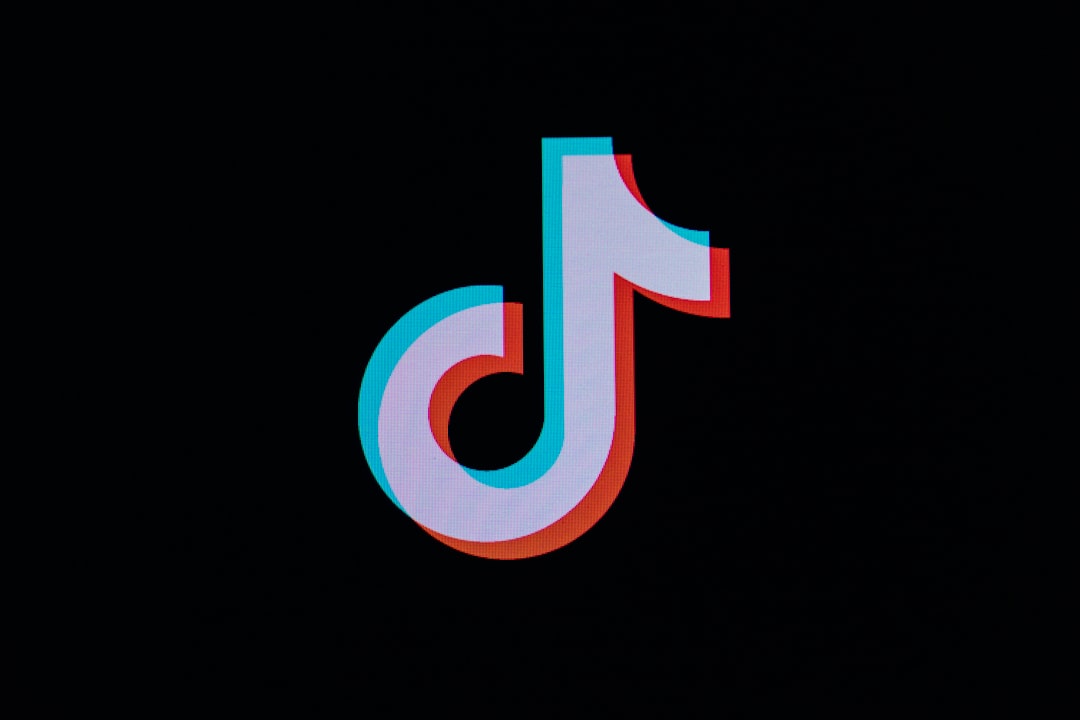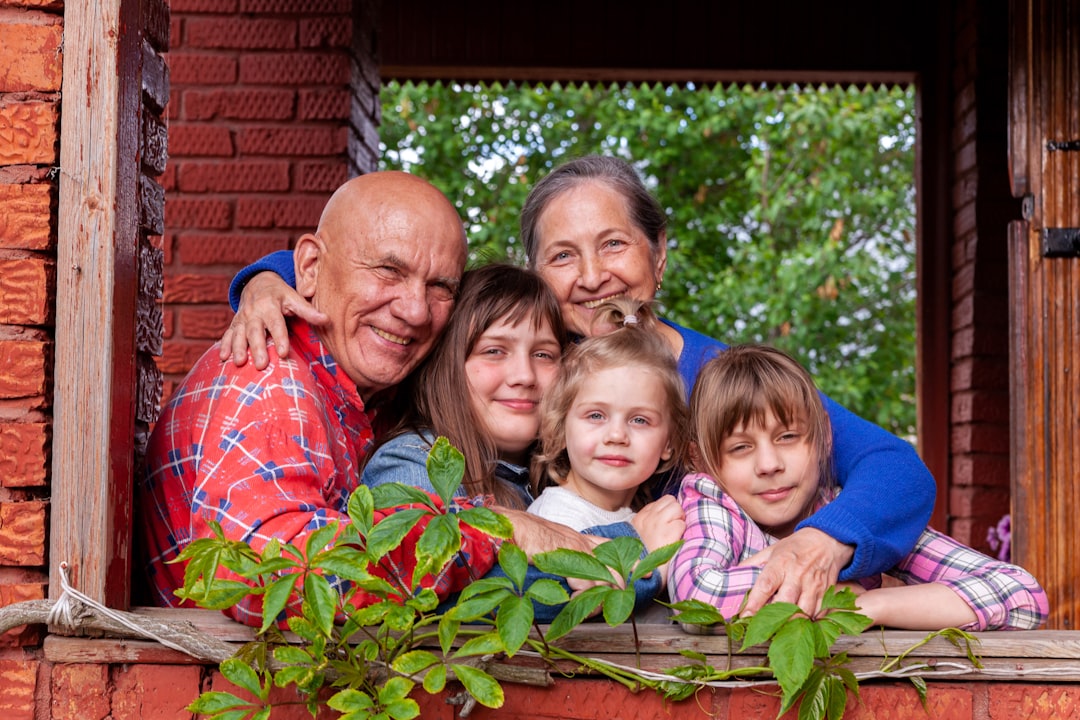TikTok has emerged as a global platform of expression, creativity, and viral trends that range from dances to catchphrases. As with any rapidly-evolving digital space, TikTok has developed its own unique slang that can sometimes leave users, especially newcomers, confused. One phrase that has gained attention recently is “EYP”. So, what does EYP mean on TikTok, and why is it suddenly showing up in videos and comments?
TL;DR
EYP is a slang term that has emerged on TikTok, largely interpreted as a stylized way of saying “yep” with added flair or humor. It’s commonly used in comments or captions to express affirmation, sometimes in an exaggerated or ironic context. Like many internet slang terms, EYP spreads quickly but may not have a consistent meaning across all contexts. If you see it popping up, it usually means someone is agreeing but in an expressive or comedic way.
Understanding EYP: Origins and Context
Unlike more established acronyms, EYP does not have a long-standing definition or presence in internet culture. Instead, its rise in popularity can be traced directly to TikTok, where memes, inside jokes, and linguistic creativity abound. Most users interpret EYP as a phonetic way of spelling or pronouncing “yep”—a casual affirmation like “yes.”
However, TikTok being what it is, users often add twists to standard language, turning a simple word like “yep” into “eyp” for comedic, dramatic, or stylistic effect. You might see someone lip-syncing in a video and captioning it with “eyp,” or users flooding the comment section with “EYP” as an inside joke among communities.

Common Uses of EYP on TikTok
Let’s take a look at some of the most frequent ways EYP appears on TikTok:
- Comment Sections: Users often write “EYP” to agree with a statement or video content, similar to saying “same” or “mood.”
- Captions: The term can appear in a video’s text caption as part of a humorous or ironic statement.
- Lip-sync & Audio Trends: Some trending audio clips might include a stylized pronunciation of “yep” as “eyp,” and creators will use the spelling to match the sound.
- Reaction Content: TikTokers might use “EYP” in stitched or duet videos to react to someone else’s content in a quirky or exaggerated way.
Possible Meanings and Interpretations
Because TikTok slang often evolves from user-created content and trends, words and phrases like EYP can have multiple interpretations depending on the context. Here are a few ways EYP can be perceived:
- Stylized ‘Yep’: The most direct interpretation is a fun, stylized version of “yep.” The re-spelling draws attention and adds a playful tone.
- Exaggeration or Mockery: Sometimes used sarcastically or to mimic someone, especially in comedic videos where the user is over-the-top in their reactions.
- Community Joke: In some TikTok subcultures or friend groups, EYP functions as a kind of in-joke—used for cohesion and community bonding.
- Irony or Absurdism: As with other internet memes, the less sense something makes, the funnier it can be. Some creators use “EYP” simply because it sounds odd or looks amusing.
Where Did EYP Start?
Unlike trends that can be traced back to a specific influencer or video, EYP appears to have grown organically across TikTok through various reposts, duets, and comments that leaned into phonetically-spelled exaggerations. Though difficult to pinpoint an exact origin, it’s clear that its rise has been driven more by community participation than by a singular viral moment.
An important characteristic of slang like EYP is its flexibility and organic evolution. Much like how terms such as “sus” (suspicious) or “rizz” (charisma) caught fire on platforms like TikTok, “EYP” has found its own niche among Gen Z users looking to inject humor and personality into their digital expressions.
How to Use EYP (and When Not To)
If you want to join the trend, here’s how you can use EYP responsibly and accurately within the culture of TikTok:
Use EYP when:
- You want to agree with someone in a quirky or exaggerated manner.
- You’re commenting under a funny, relatable, or ironic video.
- You’re mimicking or exaggerating a reaction in sync with a video theme or trending audio.
Avoid using EYP when:
- You’re unsure of its context in a specific TikTok niche—it could be misunderstood.
- You’re trying to appear overly formal or serious.
- You are using it in professional or educational content; it may seem out of place or juvenile.
Remember, social media slang thrives on shared understanding and timing. Using a phrase like “EYP” outside its typical context could lead to confusion or come across as inauthentic.
Slang Trends on TikTok: A Broader Look
TikTok slang reflects a larger phenomenon where online communities generate their own rapidly-evolving vocabulary. This lexicon emerges from the convergence of pop culture, memes, community trends, and phonetic experiments. Other examples of TikTok-centric slang include:
- No Cap: Used to emphasize truthfulness, as in “no lie.”
- Bet: A term of agreement or confirmation.
- FR: Stands for “for real,” often used for emphasis.
- Delulu: Short for “delusional,” often used in a self-aware or humorous context.
EYP fits neatly into this broader trend—it’s playful, quick to catch on, and perfectly tailored to TikTok’s offbeat humor and fast-paced culture.

Is EYP Here to Stay?
Like many TikTok trends, the longevity of “EYP” remains uncertain. Social media slang often burns bright and fades fast. Some terms evolve into common parlance across platforms, while others become relics of a specific meme cycle.
Still, the popularity of EYP provides valuable insight into how language continues to evolve in digital spaces. It shows that users—especially younger generations—are constantly finding new ways to express identity, humor, and emotion through language, even if just by reshaping a three-letter word.
Conclusion: Embracing the Digital Dialect
Whether you find TikTok slang entertaining or bewildering, there’s no denying its impact on modern communication. Terms like “EYP” underscore the creativity at the heart of internet culture. Though it may seem like a small, silly alteration of a simple word, its widespread use reveals how digital communities bond, joke, and stay current through their own shared language.
Ultimately, if you see “EYP” on your feed, don’t be perplexed—it’s just TikTok being TikTok: inventive, performative, and endlessly entertaining.


